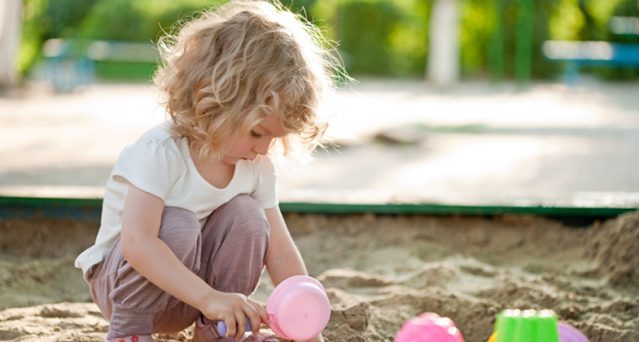Children can benefit from playtime. Games offer a fun-filled, relaxed environment where they can practise using new words and are free to express themselves. Participating in recreational activities is an effective way to develop language learning skills. Games offer your son or daughter a fun and carefree environment where they can discover and practice using new linguistic phrases and be free to express themselves. Participating in recreational pursuits can help to build your youngster's communication skills and might change the way they socialize with others.
Examples games and playtime activities
Here are some example games you can play with your kids that infuse language learning with fun:
Word games.
Encourage your children to learn new words through word games. They can point at objects of interest at home as well as during road trips, such as I am ascribing the flour to the basin now or a building is a high-rise. You may also give definitions or share information relating the origins of these words. Games like Scrabble, Pictionary, or a round of Charades also encourage vocabulary development and communication skills.
Jokes.
Saying age-appropriate puns is one way to stimulate good humor and imagination in kids. When this is encouraged, word play and overall imagination also increase. Read age-appropriate joke books and take turns telling witty stories. Avoid getting too critical of the kids' gags, speech, or articulation. Instead, model proper pronunciation or grammar by repeating the statement back to them correctly.
Riddles.
Riddles are fun ways to use words and create vivid depictions of events or situations. Engage in interactive speech concerning riddles, teach your child to give multiple definitions of a single word. e.g. school as a place for studying or a school as a group of fish to help them understand the riddle more deeply.
Rhymes.
The repetitive chant, narration, writing, or hearing of rhymes helps improve auditory memory, speech, and listening skills, while also encouraging speech. You can also record your daily routine using rhyming words, and let your children describe the things they like with rhyming words.
Homonyms.
Teach your kids to realize identical-sounding words that mean completely different things. Letting them come up with the more unique curated versions. This may function as an excellent marker of how well they have penetrated their vocabulary.
Storytelling.
Create stories for them to tell about their day-to-day lives. Expand the scope of their imagination with fantastical stories and help their creativity develop as you compose stories about everything around them.
Songs.
There are songs that are entertaining as well as helpful for instructing kids new words. The rhythmic rhymes of songs can assist kids learn to follow along and have fun. You may also sing a song while playing a game with your child that will be played and enjoyed by all.
Tongue twisters.
Children enjoy tongue twisters, which are a great way to teach proper pronunciation and enunciation of words. It is a great way to exercise their tongues to understand words. Try simple ones and work your way up to more complex ones.
Integrate learning into everyday activities
Words can be made up into stories, musicals, and a lot of other different approaches to help your children become more articulate. Push on your young children to talk well by constructing a healthy and fun environment in which they can unleash their creativity and expand their linguistic abilities. Guide them on how to express their thoughts, feelings and actions better through the use of words as this will prepare them to face the world with confidence as they grow.
Check out this great game here: Educational Word Games

